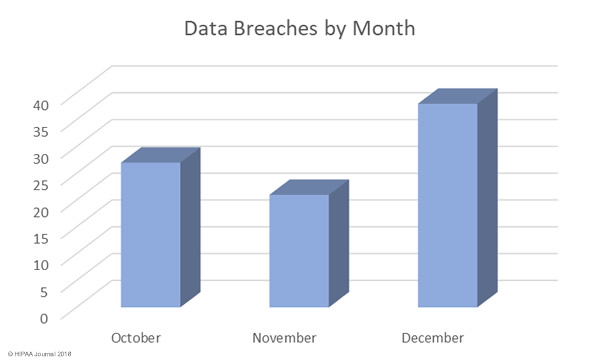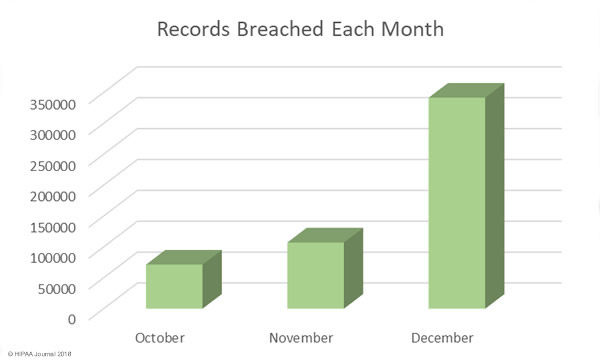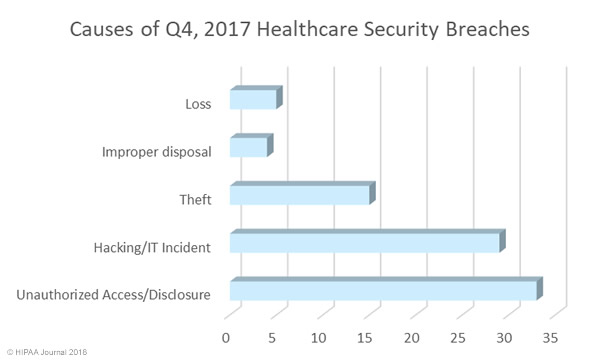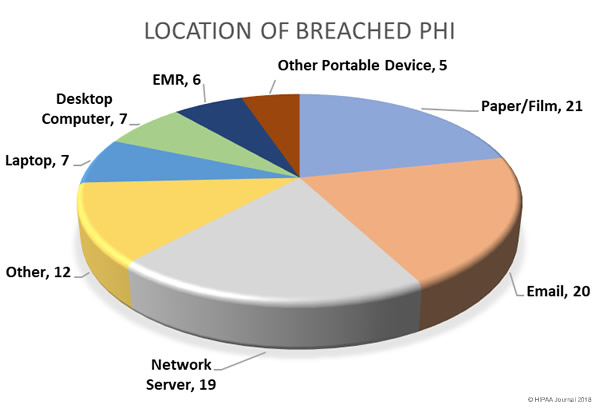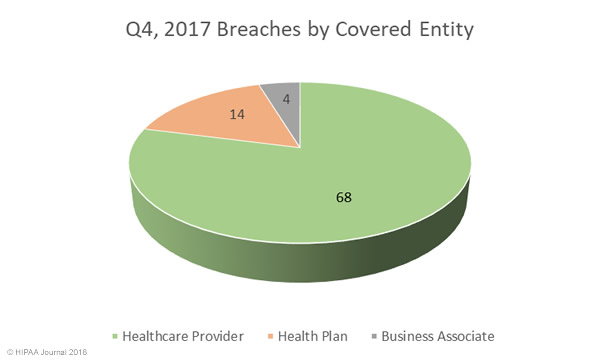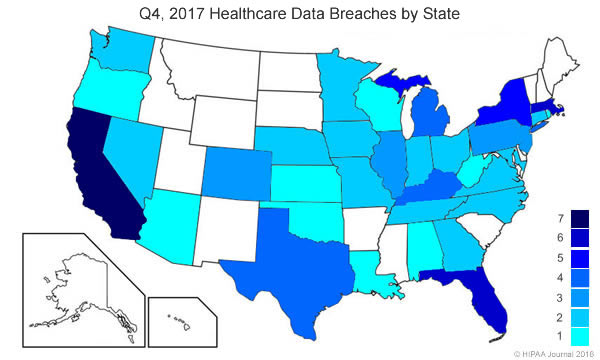After just 4 months in the position of deputy director for health information privacy at the Department of Health and Human Services’ Office for Civil Rights, Iliana Peters has departed for the private sector.
Peters took over as deputy director following the departure of acting deputy director Deven McGraw in November, only to leave the post on February 2 to join the healthcare team at law firm Polsinelli.
This is the third major change of staff at the Department of Health and Human Services in a little over four months. First, there was the departure of HHS Secretary Tom Price in late September, McGraw left in October to join health tech startup Citizen, and now Iliana Peters has similarly quit for the private sector.
Peters has been working at the Office for Civil Rights for the past 12 years, including 5 years as a senior advisor. During her time at OCR Peters has worked closely with regional offices helping them enforce HIPAA Rules and has been instrumental in building up OCR’s HIPAA enforcement program.
Peters has trained regional OCR staff on HIPAA enforcement and the handling of cases and played a key role in OCR’s latest enforcement actions – the $3.5 million settlement with Fresenius Medical Care North America over five data breaches reported to OCR in 2012 and the $2.3 million settlement with 21st Century Oncology over its 2015 cyberattack.
Peters has also trained state attorneys general on HIPAA policies and played a key role in the development of OCR’s second phase of HIPAA compliance audits, as well helping with the development of guidance for HIPAA covered entities on HIPAA Privacy and Security Rules.
Now, instead of helping OCR punish organizations for HIPAA violations, Peters will be working on the other side and will be helping healthcare organizations avoid HIPAA violations and OCR penalties.
Peters has become a shareholder at Polsinelli and will be based at its Health Care Operations practice in Washington D.C. According to a February 7 Polsinelli press release. Peters will be helping to develop the law firm’s healthcare presence in DC.
“Iliana brings key insights into the government’s investigation, enforcement, and settlement processes and will enhance our ability to guide our clients in responding to ever-changing threats and risks,” said Polsinelli Health Care Department Chair Matt Murer. “We know that our clients look forward to having Iliana as a strategic member of their privacy and security teams.”
OCR’s southeast regional manager Timothy Noonan was appointed as acting deputy director for health information privacy at OCR on January 29, 2018. Noonan has spent the past four years working as the Southeast regional manager and has served as acting associate deputy director for regional operations and OCR’s acting director for centralized case management operations.
While the loss of Peters will certainly be felt at OCR, there is unlikely to be any easing of OCR’s HIPAA enforcement efforts. OCR’s regional offices have been well trained and will continue to ensure that HIPAA Rules are being followed and action is taken over serious violations of HIPAA Rules.
The post Timothy Noonan Becomes OCR’s Top HIPAA Enforcer, Replacing Deputy Director Iliana Peters appeared first on HIPAA Journal.
